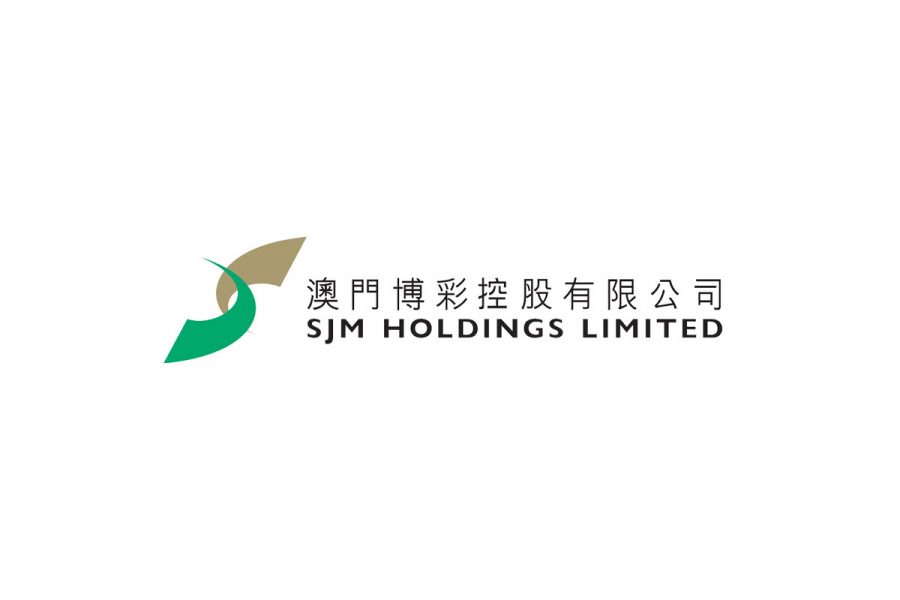Sociedade de Jogos de Macau to officially become SJM Resorts

The casino operator has announced it is changing its company name to better reflect its “prominent position in tourism and leisure.”
Macau.- Sociedade de Jogos de Macau S.A. has announced that it is changing its name to SJM Resorts S.A.
Daisy Ho, chairman and executive director of SJM Holdings Limited, said: “The new name better reflects our prominent position in the tourism and leisure business.
“It also reveals our dedication to the development and operation of integrated resorts in Macau, further underscoring our continued support to Macau’s role as a ‘world centre of tourism and leisure.”
The company will soon open its Grand Lisboa Palace integrated resort, although it hasn’t given an exact date for the opening, which has been delayed several times due to the Covid-19 pandemic.
The company plans to open just one of its three hotels initially, with limited retail options. It will also open with 260 mass tables while the remaining 44 VIP tables will be launched in 2022, after the opening of the Versace-branded hotel.
Grand Lisboa Palace involved an investment of HKD39bn (US$5bn). When complete, it will have around 2,000 hotel rooms split between three venues: The Lisboa Palace Hotel, Palazzo Versace Macau, and Karl Lagerfeld Hotel luxury boutique hotel.
It includes 27,000 square metres of gaming floor space (290,000 sq ft) for up to 700 gaming tables and 1,200 electronic gaming machines.
SJM Holdings reports US$83.3m in losses during the first quarter of this year
In its financial results for the first quarter of the year, SJM reported that net revenue was down by 29 per cent year-on-year to HK$2.4bn (US$312.9m).
Adjusted EBITDA came in at HK$319 m (US$41.1m) while net losses reached HK$647m (US$83.3m), mainly due to the Grand Lisboa Palace construction.
SJM reported revenue of HK$485m (US$62.4m) from the VIP sector, down 59.4 per cent, and HK$2bn (US$263.9m) from the mass market, down 21.3 per cent.
Slot machine gross gaming revenue in the first quarter decreased by 17.3 per cent when compared to the prior-year period.









